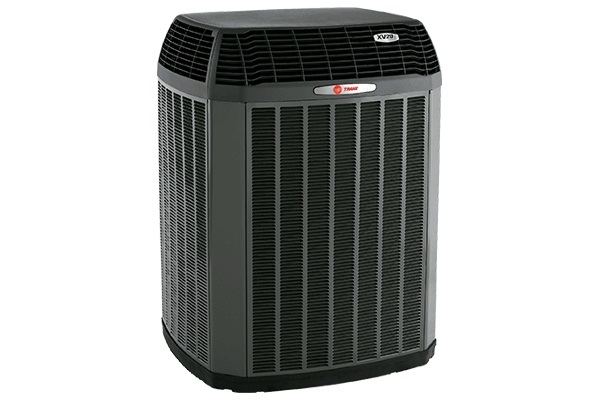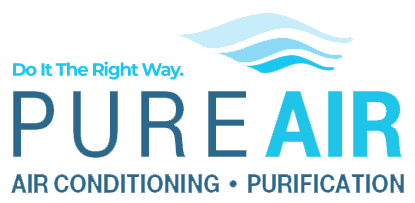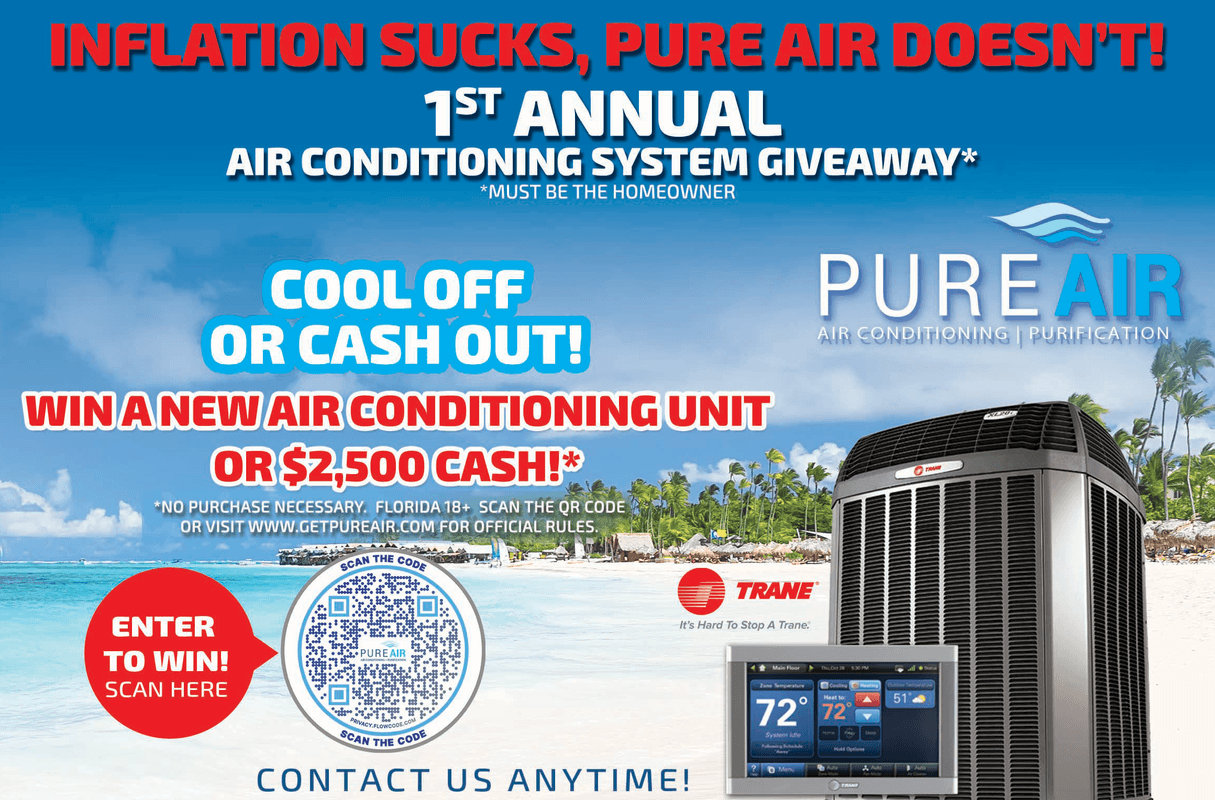Inverter technology, or Variable Speed Condensing Units stand out as a highly efficient solution, ensuring comfort year-round. Compared to conventional single stage or single speed air conditioning unit, inverters outshine them by far.
Displayed above is a prime example of a contemporary Trane Inverter Unit. The XV20i Variable Speed boasts ComfortLink™ II communicating capability and a distinctive refrigerant-cooled inverter drive. Explore our Trane products guide for insights into this model and others.
Air Conditioning Units function by expelling heat outside to maintain a cool environment inside your home. Inverter Units do this as efficiently as possible by constantly monitoring the heat load on the house and subsequently what speed the air conditioning system needs to run at to maintain the temperature set on thermostat.
Inverter Functionality
In a typical refrigerant cycle, the refrigerant circulates continuously between the compressor and the condenser, transitioning from liquid to gas based on temperature. When the indoor temperature reaches the set point on the thermostat, the refrigerant cycle halts entirely and only resumes when the temperature deviates.
Each cycle restart consumes energy to equalize pressure and adjust the refrigerant temperature before heating or cooling can commence.
Units equipped with a variable-speed inverter or compressor operate at different speeds dictated by heating load or temperature. The inverter mitigates energy wastage from repeated starts and stops by automatically adjusting the refrigerant speed.
Where a typical single stage air conditioning system will stop and start all day long, an inverter or variable speed condensing unit will ‘slow down’ and run at a much lower speed so that operation is continuous, all while using much less electricity to cool your home.
Benefits of Inverter Air Conditioning Units
Inverter units curtail cycling to deliver a consistent, comfortable temperature and help to eradicate drafts throughout the home. By minimizing energy loss through cycling, they enhance home energy efficiency, slashing energy consumption and costs. This not only keeps heating and cooling expenses in check but also benefits the environment by reducing pollutants and greenhouse gas emissions by using less energy.
Some inverters also diminish operational noise and extend the lifespan of both the compressor and other essential components of the heating and cooling system.
Another significant advantage tied to energy efficiency is that inverters often qualify for tax credits at both state and federal levels. Ensure that the unit you’re considering purchasing meets these criteria for tax incentives. Additionally, note that Energy Star certification does not automatically guarantee eligibility for tax credits. Conduct thorough research before making a purchase. We can help you with this research and guide you to an appropriate solution for your home.
Precautionary Considerations
Air conditioning manufacturers may interchangeably use “variable speed” and “multi-speed” to describe air conditioning units with inverter technology. However, there is also a variable speed blower motor for the inside unit or air handler. It’s important to not get confused by what is variable speed when purchasing a new system. Exercise caution when selecting an inverter based on this description. While a variable speed blower offers its own benefits, the pump and the blower are two different and distinct components of the air conditioning system.
Types of Inverters
Inverters are available in both ducted and ductless variants. Ducted units function akin to traditional air conditioners or furnaces, distributing air throughout the home via ducts. Ductless units, also known as mini-split systems, feature an outdoor compressor and an indoor condenser connected via tubes. These tubes facilitate refrigerant transport between units, eliminating the need for ductwork.
Call us at 239-597-7873 or chat with us online here using the chat bubble on this page.
Reference




